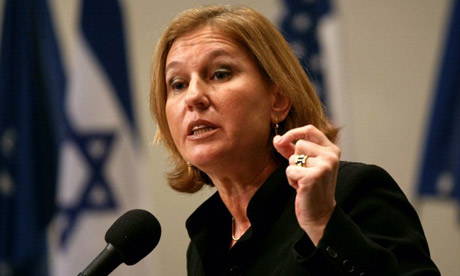By Paula Buzzi
Impunity Watch Reporter, South America
BOGOTA, Colombia — Amnesty International released a new report today demanding more action from the Colombian government and justice for women and girls in Colombia who have been long-time victims of physical and sexual abuse through out the country’s 45-year civil war.

Despite claims of progress by the Colombia government, Amnesty reports that acts of sexual violence have almost doubled in the past decade. In 2010, the National Institute of Legal Medicine and Forensic Science reported 20,142 cases of sexual crime in Colombia compared to 12,732 cases in 2000. The actual number of sexual crime cases, however, is most likely a much larger number since eight out of ten cases typically go unreported by victims due to fear or shame.
Susan Lee, a director at Amnesty International, stated in the report that women are being used as “trophies of war” and that the issue of sexual violence within the military is being swept under the rug by government officials.
Included in the report were gruesome testimonies of emotional and physical suffering by Colombian women who have fallen victim to rape by paramilitary.
Shirley (name change) came forward in 2008 and told her story “so people would know this sort of thing happens.” She stated that she was raped continuously by over 35 men for three months in 2005 until she managed to escape. None of the men she identified to authorities, however, are in jail.
“I couldn’t even tell when I was having my period, because I bled all the time. There were so many men,” she stated.
In response, the Colombian government placed Shirley in “safe housing” with other victims and — ironically– her rapists that had left the paramilitary years earlier.
Other testimony include that of women who were raped and tortured for attempting to report crimes of sexual violence to the authorities. According to a victim, although the Office of the Attorney General rehoused her, she was only afforded protection for a year and then kicked out of the protection program.
Obstacles to justice for women of sexual crime include: a lack of political and historical tradition of taking initiative in addressing these crimes, poor judicial training, and the fact that rape is not considered a crime under International law.
Amnesty International is calling for the International Criminal Court to step in and take action if the Colombian authorities continue to make crimes of sexual violence by armed men an invisible issue.
For more information, please see:
Amnesty International – Colombian authorities fail survivors of sexual violence – 21 September 2011
BBC News – Amnesty: Colombian women treated as ‘war trophies’ – 21 September 2011
Colombia Reports – Colombia is failing victims of sexual violence: Amnesty International – 21 September 2011
Trust Law – Colombia failing victims of sexual violence- Amnesty – 21 September 2011



